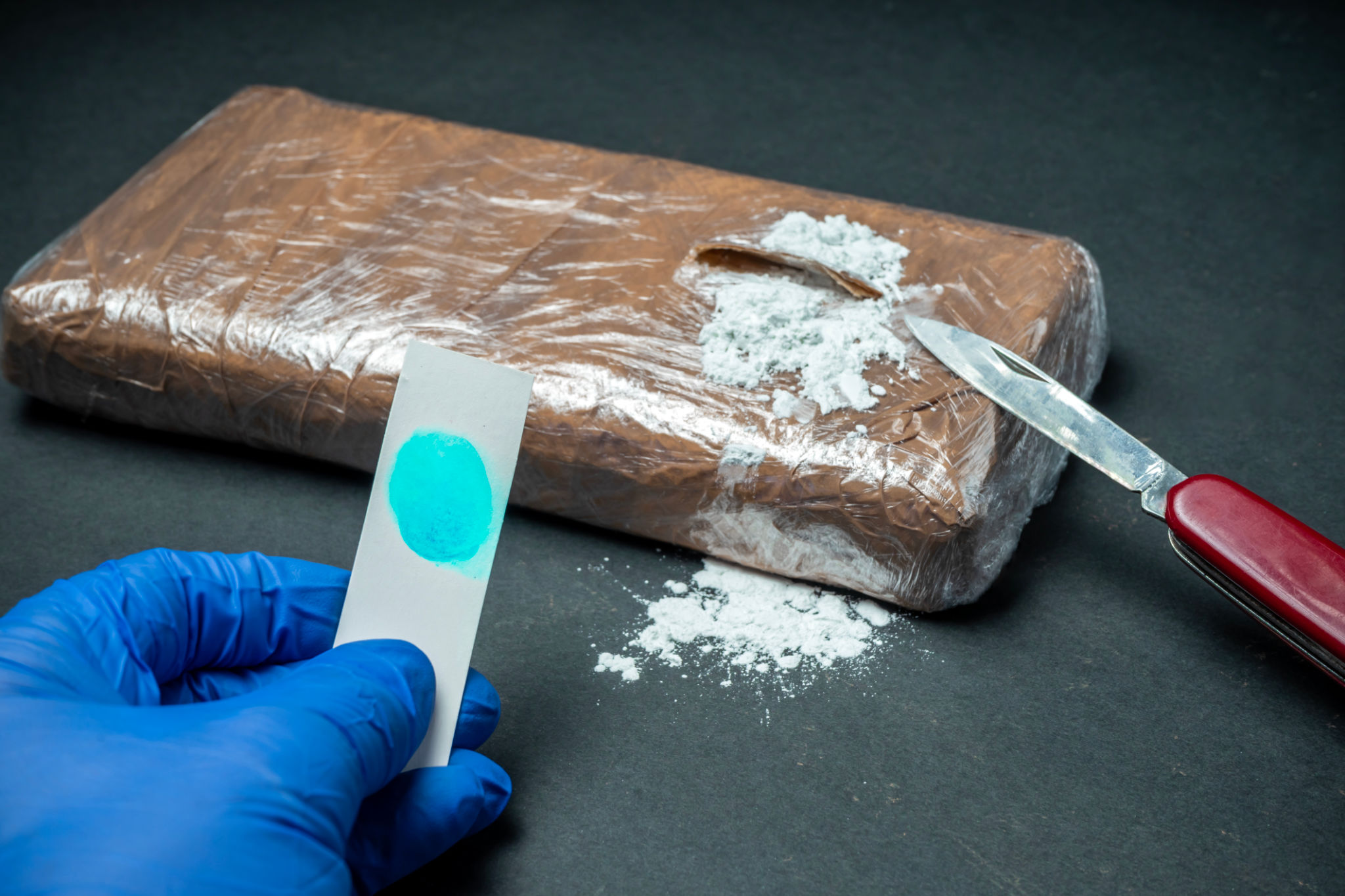Debunking Common Myths About Drug Testing: What Employers Should Know
Introduction to Drug Testing Myths
In today's workplace, drug testing is a common practice used to ensure safety and productivity. However, there are numerous myths surrounding drug testing that can mislead employers and employees alike. Understanding these misconceptions is crucial for implementing an effective drug testing policy. This blog post aims to debunk some of the most prevalent myths about drug testing.

Myth 1: Drug Testing Infringes on Employee Privacy
One of the most pervasive myths is that drug testing is an invasion of privacy. While it's true that drug testing involves collecting personal information, it's important to note that the process is designed to be as discreet and respectful as possible. Employers are required to follow specific legal guidelines to protect employee privacy. This includes obtaining consent and providing clear information about the testing process.
Legal Protections
There are federal and state laws in place that regulate how drug tests are conducted. These laws ensure that employee rights are protected while allowing employers to maintain a safe work environment. Employers should familiarize themselves with these regulations to avoid any potential legal issues.

Myth 2: All Drug Tests Are the Same
Another common misconception is that all drug tests are identical. In reality, there are various types of drug tests, each designed to detect different substances over varying periods. The most common tests include urine, saliva, blood, and hair follicle tests. Each type has its own advantages and limitations, making it essential for employers to choose the right test based on their specific needs.
Different Tests for Different Needs
Urine tests are popular due to their cost-effectiveness and ability to detect recent drug use. Saliva tests are non-invasive and can be conducted on-site, while blood tests provide highly accurate results but are more invasive. Hair follicle tests can detect drug use over a longer period but may not indicate recent use. Understanding these differences can help employers make informed decisions.

Myth 3: Drug Testing Is Only for Large Corporations
Many small business owners believe that drug testing is only necessary for large corporations. This myth can lead to small businesses overlooking the benefits of implementing a drug testing policy. Regardless of company size, maintaining a drug-free workplace is vital for ensuring safety, productivity, and employee well-being.
Benefits for Small Businesses
Small businesses can benefit from drug testing by reducing workplace accidents, improving employee performance, and lowering health insurance costs. Implementing a drug testing policy can also protect the business from potential legal liabilities associated with drug-related incidents.

Myth 4: Drug Testing Can Be Easily Cheated
The idea that drug testing is easy to cheat is a myth that can deter employers from implementing a testing policy. While there are products on the market that claim to help individuals pass drug tests, modern testing techniques and technologies have made it increasingly difficult to tamper with results.
Advancements in Testing Technology
Laboratories now employ sophisticated methods to detect adulterants and ensure the integrity of samples. Additionally, on-site testing and observed collections further reduce the likelihood of cheating. Employers should stay informed about these advancements to maintain the effectiveness of their drug testing programs.

Conclusion: Implementing an Effective Drug Testing Policy
By debunking these myths, employers can gain a clearer understanding of the role drug testing plays in the workplace. It's important to approach drug testing as a tool for promoting safety and productivity rather than as an invasion of privacy or an unnecessary expense. By staying informed and choosing the right testing methods, employers can implement effective drug testing policies that benefit both the business and its employees.
